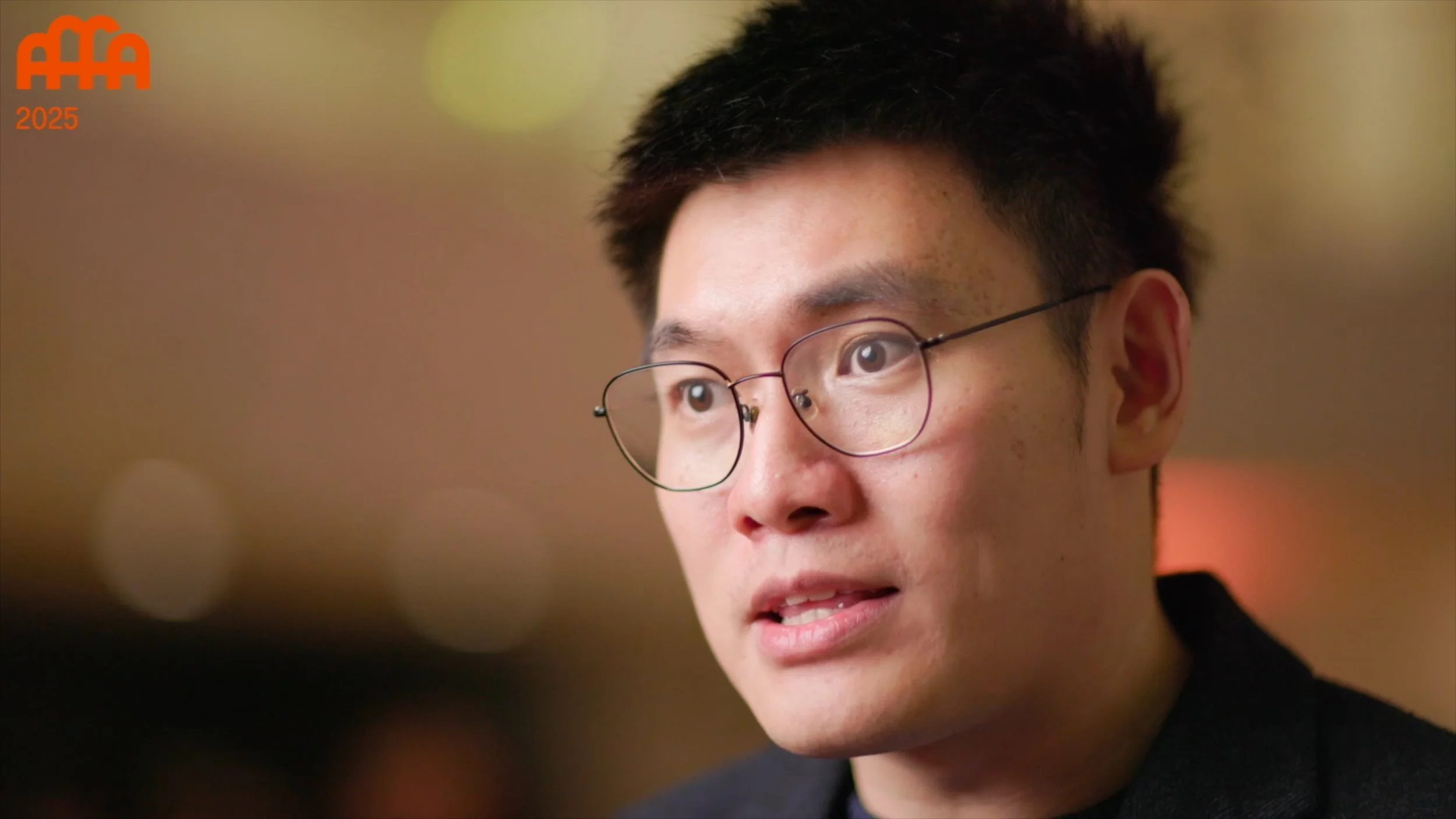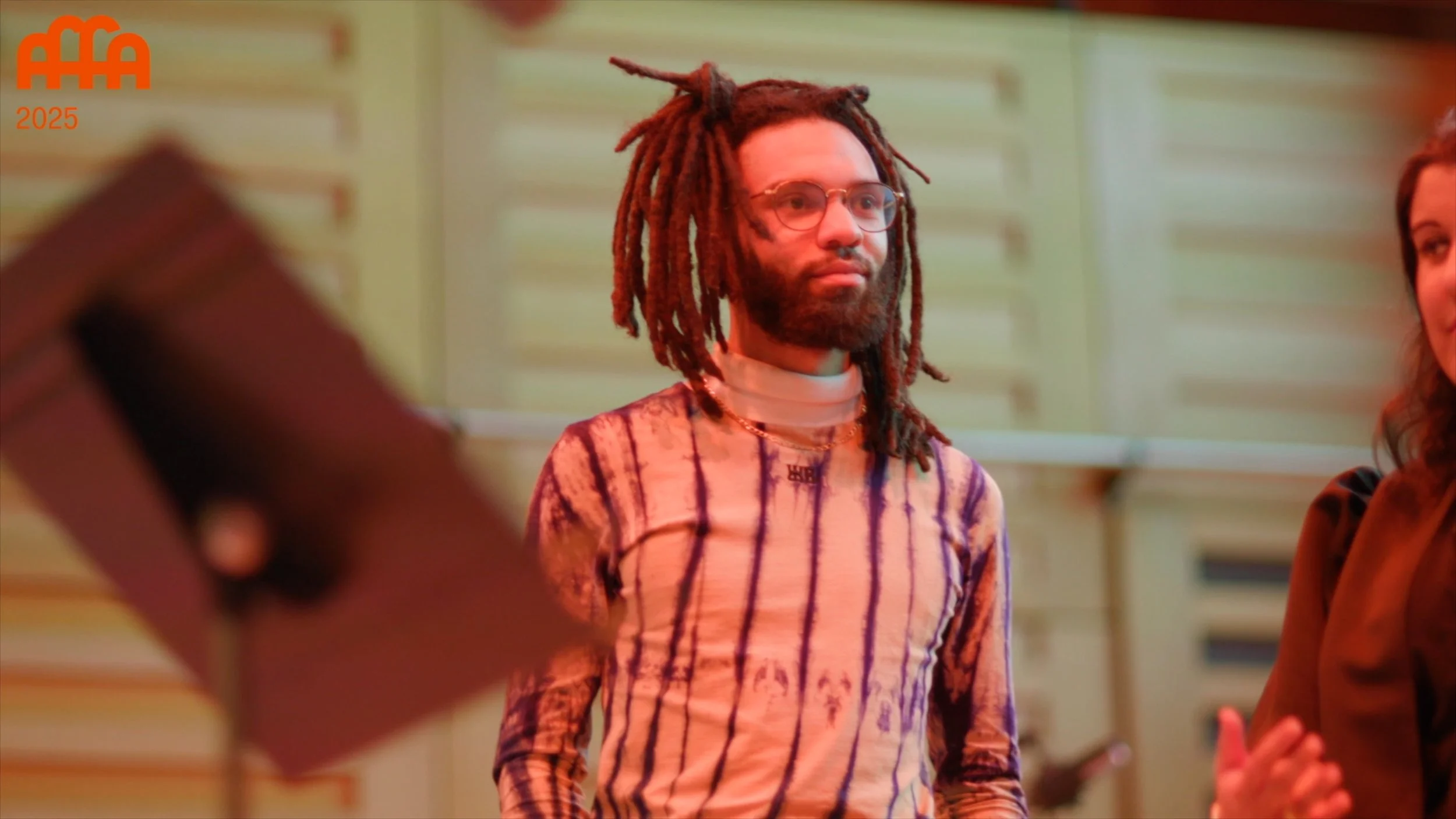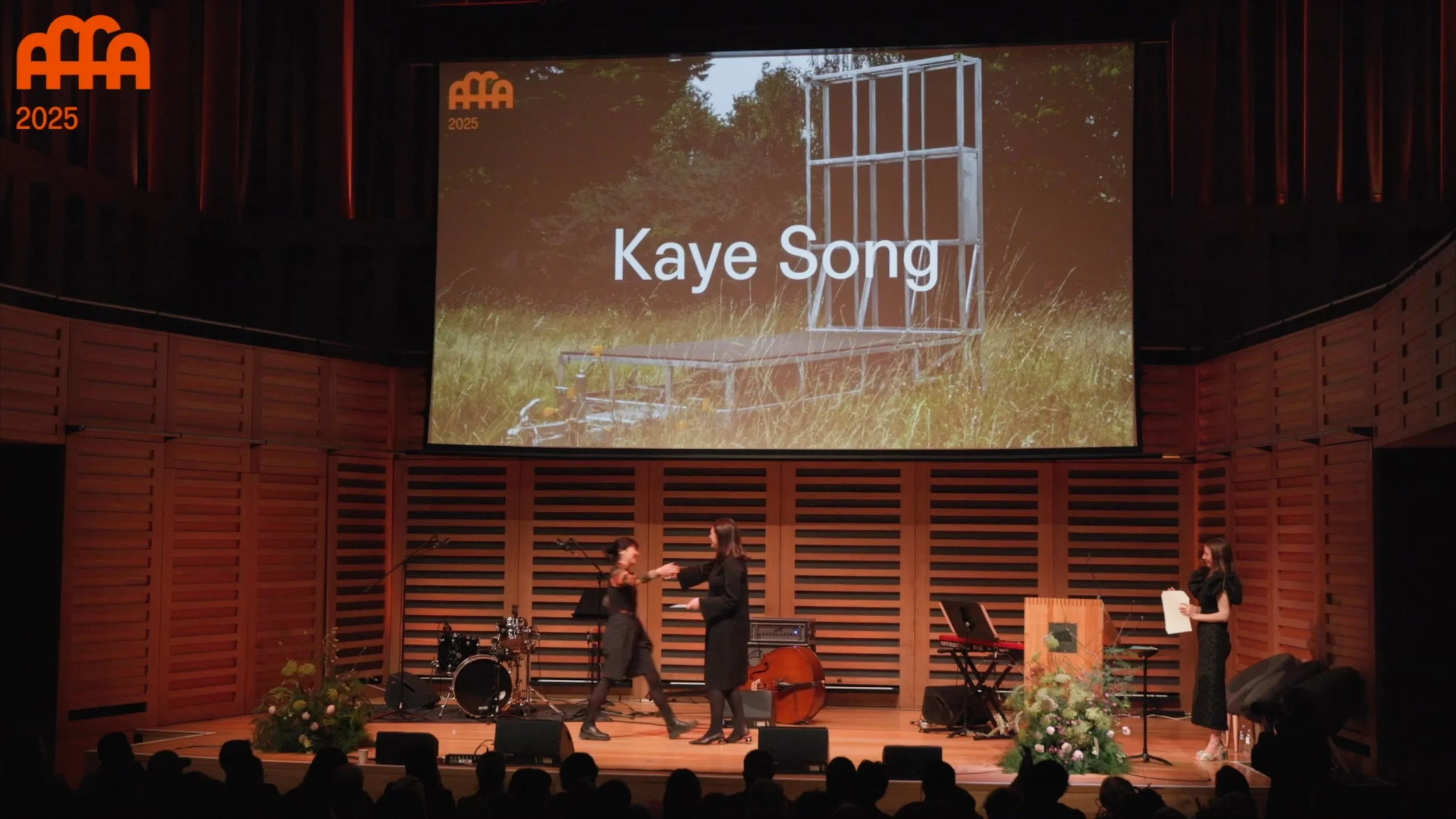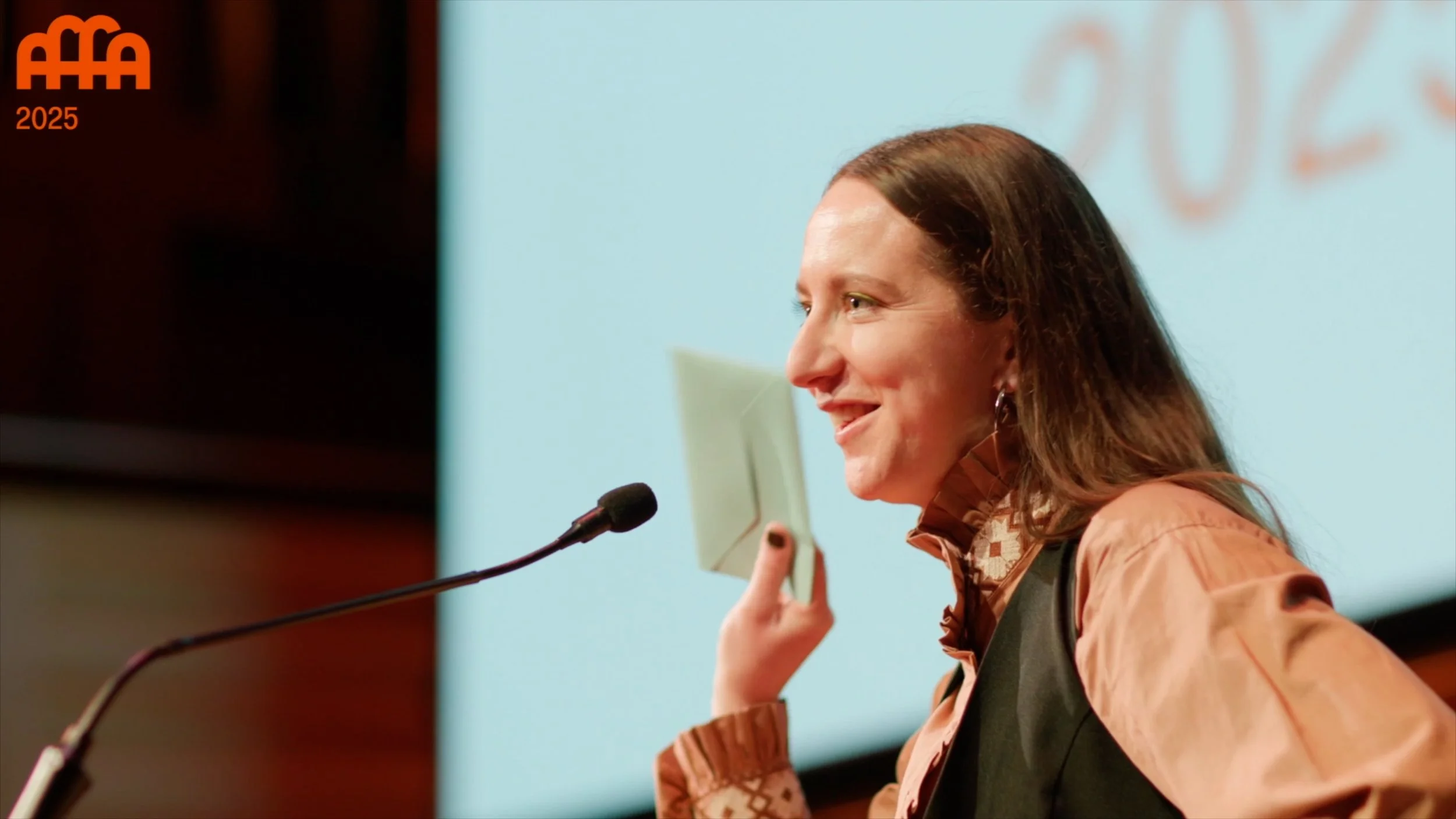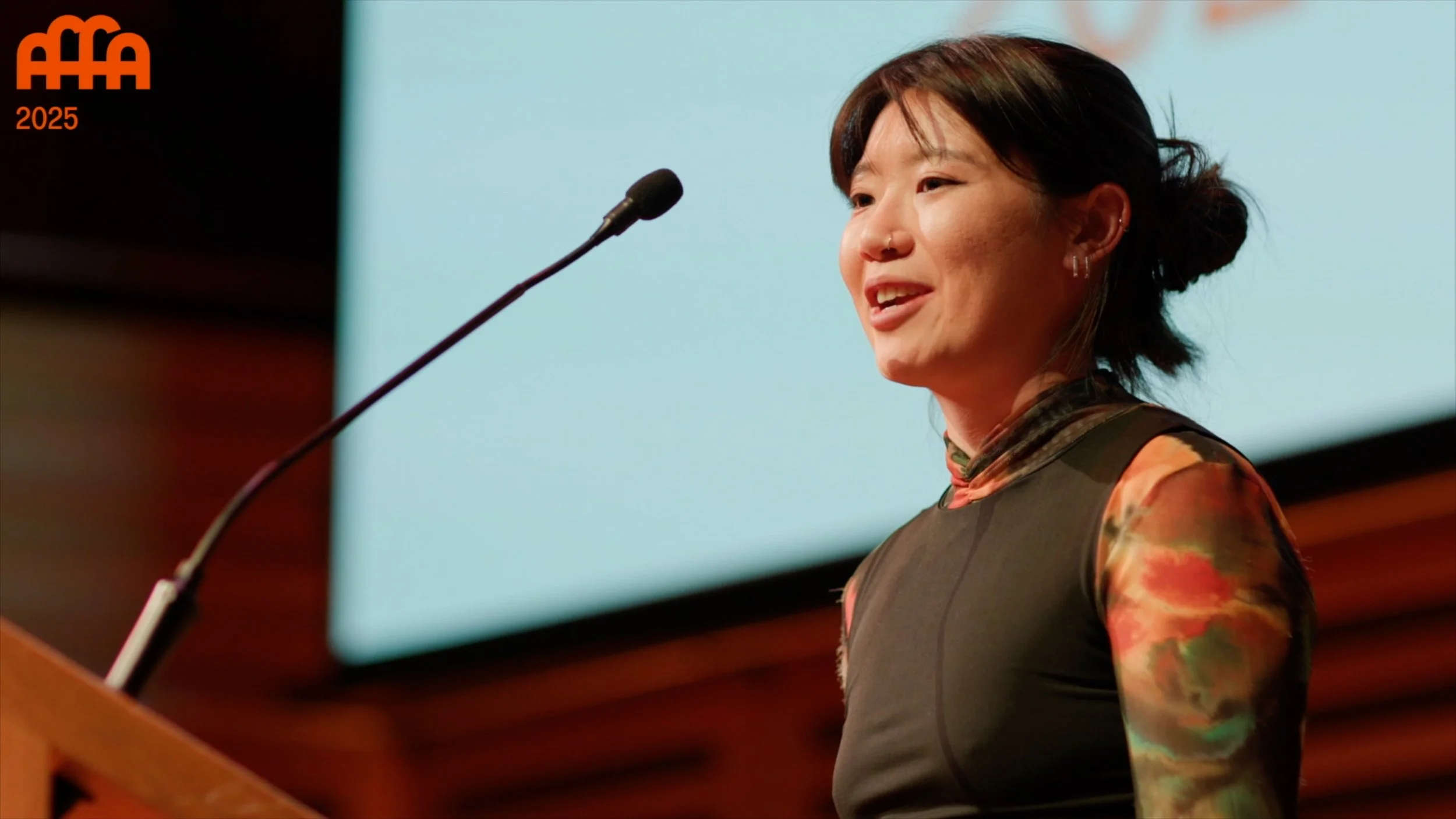Tips for successful event videography
Events are happening all over London every day and many are filmed by a top London based videographer. What kind of approach could a videographer take to filing an event? Well of course that would depend on the requirements and teh type of event being filmed. In this post we look at my top tips for event videography.
Scope out what the requirements are
This one should go without saying. Any decent event videographer should check out the client requirements. Here is my check list to ask a client when they come to me asking to film one of their events:
When and where is the event happening?
How many people will be at the event
Do you need any presentations filming?
Do you need interviews filming?
What are the hours for filming?
Do you have a break out room we can safely store our camera gear?
What are the edit deliverables including length of each edit, aspect ratio and format?
When’d o you negate edits delivered by?
Does the venue have an AV team and if so can we take a sound feed via XLR
Do you require any live streaming?
Once I have this kind of information I know I’m in a good place to work out what size crew we’ll need and some costs.
How videographers capture great event footage
So you’ve planned for teh event filming and the client has approved the budget and booked you in. Next up is the shoot itself. I would have a pre-planned schedule breaking down where I and any crew need be at any given moment. Camera positions would have been checked with the client beforehand and we would have made arrangements for the client to take a copy of the footage their side too. Although we make multiple backups of footage, having a copy off site and for future use if the client wants it is useful. After all, it’s difficult to guarantee storage so we leave this up to the client. the key to a smooth running shoot is preparation and avoidance of any potential risks. This position takes the edge off the actual shoot. It enables a videographer to do their best work and capture the best event footage.
So now we’re filming the event. Coverage is one thing I like to do to maximise the options in post. For on stage filming, a minimum of two cameras but usually three is necessary. A variety of shots of the speakers but also the crowd if useful. For event b-roll filming I always prepare a list of shots to cover to ensure I have loads of great material. These shots usually include:
Shots of audience clapping
Shots of audience smiling
People greeting each other
People arriving at the event
Guests networking
External shots of the location
Any branding
Video interviews
A professional videographer will really think about the narrative of an event video. Having someone guide the story is key. This could be made up of speakers on stage but interviewing someone from the company running the event is a must. I usually go along the lines of who, what, why, when and where. So here are some examples of great interview questions to make a great event video:
Where are we today and what are we doing?
Who is this event for?
Who is at the event today and here there any standout speakers?
Why should people come to next years event?
What makes this event unique?
What were some of the key topics from today’s event?
Successful event videography
Hopefully these top tips will ensure you can be successful in your event videography and make some great event films.
